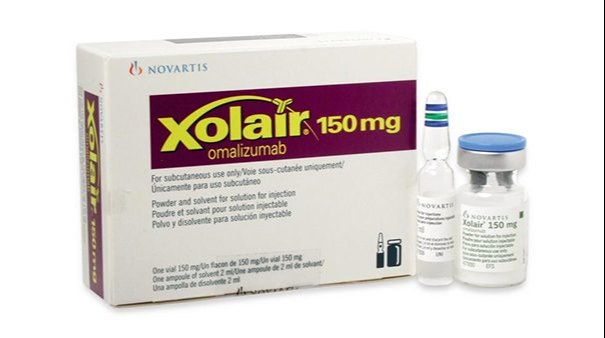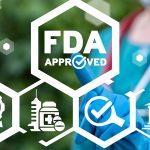FDA Approves First Medication to Help Reduce Allergic Reactions to Multiple Foods After Accidental Exposure

In a groundbreaking move, the U.S. Food and Drug Administration (FDA) has granted approval for the use of Xolair (Omalizumab) injection in managing immunoglobulin E (IgE)-mediated food allergies in certain adults and children over the age of one. This approval marks a significant milestone in the management of food allergies, offering hope to individuals who face the risk of allergic reactions, including anaphylaxis, upon accidental exposure to multiple foods.
The Need for Innovation in Food Allergy Management
Food allergies affect a significant portion of the population in the United States, with nearly 6% of individuals grappling with this condition. For these individuals, exposure to allergenic foods can trigger potentially life-threatening reactions, underscoring the urgent need for effective treatment options. Until now, strict avoidance of allergenic foods and the prompt administration of epinephrine have been the primary strategies for managing food allergies and mitigating the risk of severe reactions.
Xolair’s Mechanism of Action
Xolair, originally approved in 2003 for the treatment of allergic asthma, is a monoclonal antibody that targets and binds to immunoglobulin E (IgE), a key player in triggering allergic reactions. By blocking IgE from binding to its receptors, Xolair helps modulate the allergic response, thereby reducing the severity of allergic reactions upon exposure to allergenic foods.
Clinical Trials and Efficacy
The FDA’s approval of Xolair for the management of food allergies was based on compelling data from a multi-center, double-blind, placebo-controlled study involving 168 pediatric and adult subjects allergic to peanut and at least two other foods, such as milk, egg, wheat, cashew, hazelnut, or walnut. Participants were administered either Xolair or a placebo over a 16 to 20-week treatment period.
The primary measure of Xolair’s efficacy was the percentage of subjects who could tolerate a single dose of peanut protein equivalent to 2.5 peanuts without experiencing moderate to severe allergic symptoms at the end of the treatment period. The results were striking, with 68% of subjects receiving Xolair demonstrating tolerance to peanut protein, compared to a mere 6% in the placebo group. Additionally, Xolair showed efficacy in reducing allergic reactions to other foods, including cashew, milk, and egg proteins.
Safety Profile and Considerations
While Xolair demonstrated promising efficacy, it is essential to consider its safety profile and associated risks. Common side effects observed during clinical trials included injection site reactions and fever. Furthermore, Xolair carries warnings and precautions for potential adverse events, such as anaphylaxis, malignancy, fever, joint pain, rash, parasitic infections, and abnormal laboratory test results. As such, Xolair should only be administered under the supervision of healthcare professionals equipped to manage potential adverse reactions.
FDA’s Regulatory Decision
The FDA’s approval of Xolair for the management of food allergies underscores the agency’s commitment to advancing innovative therapies to address unmet medical needs. Xolair received Priority Review and Breakthrough Therapy designations for this indication, reflecting its potential to transform the landscape of food allergy management.
Conclusion
The FDA’s approval of Xolair marks a significant advancement in the field of food allergy management, offering hope to individuals burdened by the constant threat of allergic reactions. While Xolair does not provide a cure for food allergies, its approval represents a crucial step forward in reducing the risk of severe allergic reactions upon accidental exposure to multiple foods. As with any medication, patients are advised to consult their healthcare providers for personalized treatment recommendations and to discuss the potential risks and benefits of Xolair therapy.
For additional information on food allergies and Xolair, please refer to the FDA’s resources or contact the FDA Office of Media Affairs.
Media Contact: FDA Office of Media Affairs Phone: 301-796-4540
Consumer Inquiries: Email: 888-INFO-FDA
About the FDA: The U.S. Food and Drug Administration is responsible for protecting the public health by ensuring the safety, efficacy, and security of human and veterinary drugs, biological products, and medical devices; and by ensuring the safety of our nation’s food supply, cosmetics, and products that emit radiation.
Source: U.S. Food and Drug Administration (PRNewswire)





